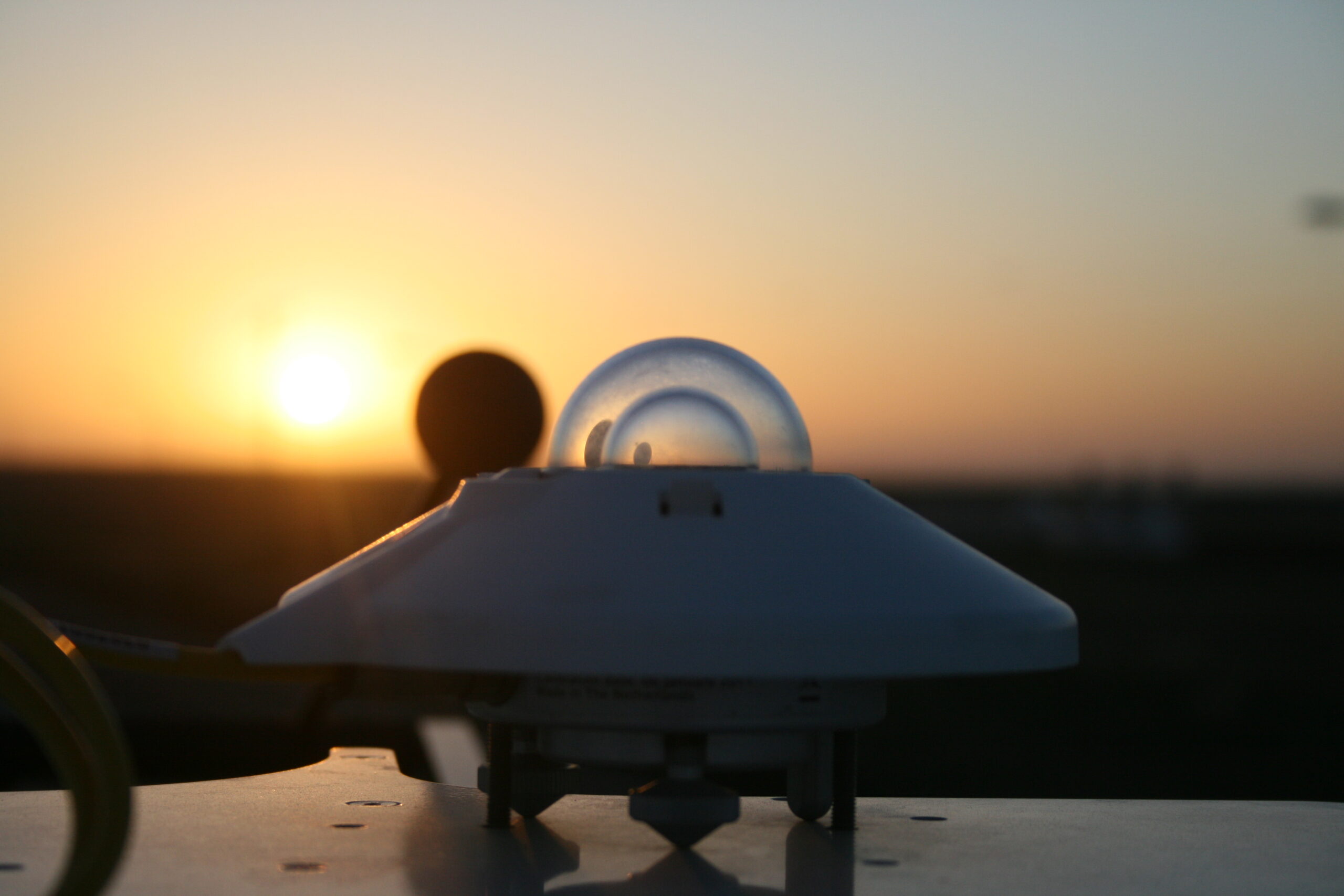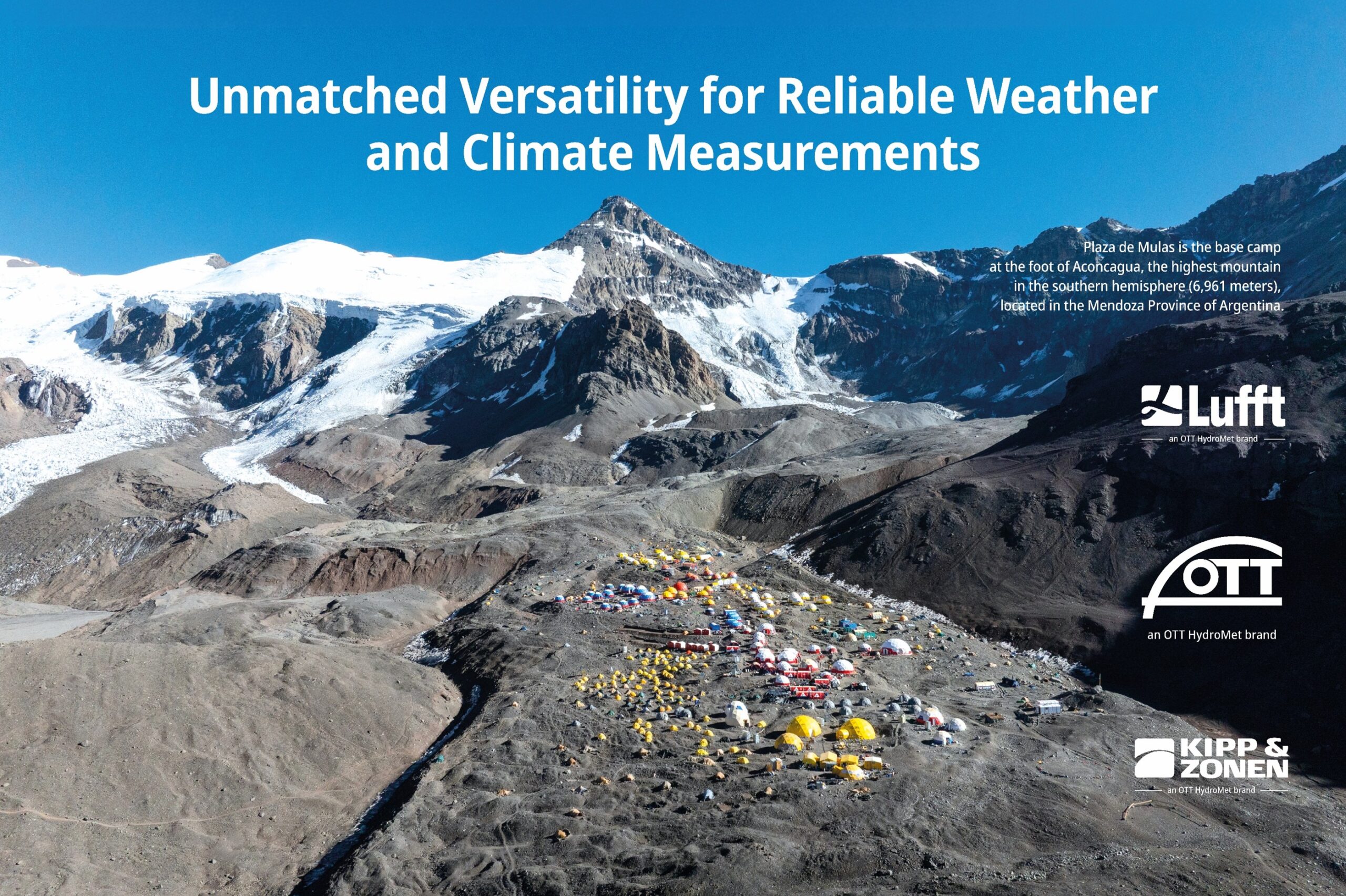Useable data is the lifeblood of any water monitoring program and variation in measurement processes impairs the quality of the data that water resource professionals work so hard to obtain.
The primary activities taken to assure and control data quality are aptly called quality assurance and quality control. Quality assurance (QA) refers to planned and systematic processes that provide confidence in a measurement process’ ability to achieve its intended outcome. Examples of QA activities include methodology development and standards validation. Quality control (QC) activities, such as testing and inspection, aim to find defects in specific elements of the measurement process. The differences between QA and QC activities can be subtle, which is why they are often seen combined as simply “QA/QC.”
An important part of a QA/QC program is supporting or verifying the measurements taken with the instrument – whether for real-time, grab, or profile sampling. For most surface water sampling projects, spending a minimum of 10% effort for QA/QC is a good rule-of-thumb. This means that one in ten samples should be a duplicate sample, laboratory blank, bottle blank, calibration check, or something similar.
There are various methods of performing QA/QC in both the lab and field, read our QA/QC whitepaper to get a detailed description of each, and watch our QA/QC videos below! For more information, please contact OTT Hydromet Technical Support at techsupport@otthydromet.com or 800-949-3766 option 2.
The new Hydrolab Operating Software (available on the Hydrolab HL4) has built-in features that support a QA/QC program like a self-monitoring system that reports the status of the instrument, flags the data, and shows the user where the problem is with assistance on how to solve the issue.


